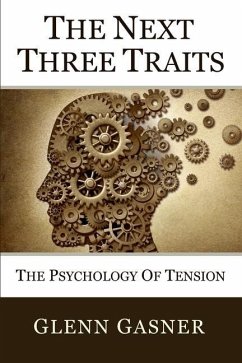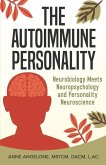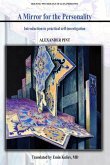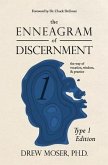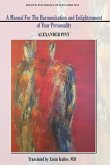175 comics and over 300 famous quotes mix fun relatability with the serious underlying science to give a clearer understanding of how and why tension is triggered, experienced, and resolved. The first new understanding for most people is that tension happens alongside pleasure (as excitement, anticipation, and desire) as much as it happens alongside pain (as lack, fear, hunger, anger, awkwardness, obligation, and heartbreak). The second is that momentary tension happens because of a present trigger, while persistent tension (anxiety) happens because of an internally maintained trigger. By following the guided immersion in the high and low ends of your individual tension spectrums, you can better understand your options for generating the tension that feel good and minimizing the tensions that feel bad. On the science side this book proposes that the Limbic System (in the brain) acts like a subjective, emotional sense organ. It shows what life is like at the high and low ends of the seven basic tension spectrums so you can be less easily triggered by other people, because you'll more accurately recognize their tensions as being unrelated to you and the things you care about. This book doesn't pretend that you can become happy-all-the-time. You'll feel tension again soon. But you can have a plan and develop habits that reduce the frequency and severity of negative triggers, and increase the frequency and severity of loving, enthusiastic, hopeful, joyful triggers. The book is called The Next Three Traits because it ties the information up in a quick three-letter shorthand (RCS, SCR, CSR, RSC, SRC, or CRS) that makes it easier to discuss tension stacking with other people. A person's three letter Limbic profile can stand alone as its own personality type ("I'm SCR"), knowing that it's only the tension parts of someone's psychology. Or, it can be added as the next three traits to Myers-Briggs (ENTJ RSC), Enneagram (CSR-8), Five Factor Model, Love Languages, Astrology ("I'm an SCR Taurus"), or any other classification system. This adds scientific rigor to those systems and helps separate Limbic influences from the other aspects of personality that each system is already measuring.
Hinweis: Dieser Artikel kann nur an eine deutsche Lieferadresse ausgeliefert werden.
Hinweis: Dieser Artikel kann nur an eine deutsche Lieferadresse ausgeliefert werden.

